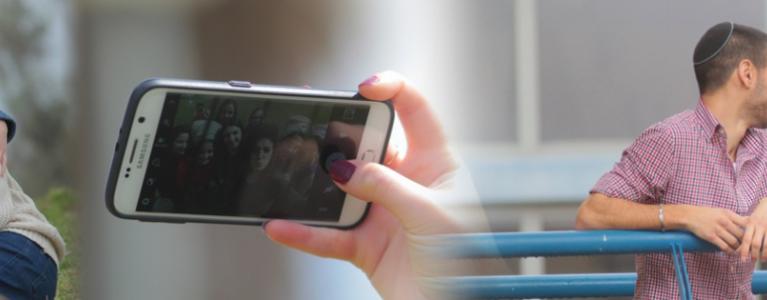
Schools provide students with education and extensive knowledge. Rabbi Gideon Bar Tov, the supervisor of the Center District in the Hemed Religious Education System, emphasizes the importance of nurturing the relevance of schools at all times.
How can the education system maintain its relevance in the Y generation, when much of the knowledge can be independently acquired from the internet? What will preserve the authenticity and strength of schools when children are bombarded by their surroundings?
To these questions and others, Rabbi Gideon Bar Tov, the supervisor of the Center District in the Hemed Religious Education System, responded during a professional development day at Orot Israel College in collaboration with Hemed, addressing the topic of "Shaping a Religious-Zionist Identity - SEL (Social-Emotional Learning) in Pedagogical, Digital, and Emotional Tools."
"The school has served and will continue to serve as a source of education. However, in the coming decades, the school system will take on an additional dimension that has always been present but not sufficiently emphasized – the educational, moral, spiritual, and the most important dimension – identity."
"We must renew, integrate, and enhance the pedagogical – digital tools, through which we can look into the 'eyes' of our students and converse with them in a way that the discourse about identity is not disconnected but rather vibrant, conquering, and authentic."
According to Rabbi Bar Tov, "Engagement with identity, and particularly with Religious-Zionist identity, is the significant contribution of education today.
Therefore, for the school to remain relevant to the next generations, it must engage with the subject of Religious-Zionist identity." "Identity is the foundation of resilience, and resilience is the source of spiritual well-being. A person who knows their place and role in their world – their resilience is stronger, and their conduct in the world is better, higher quality, and more natural – both in their divine work and in their daily life," Rabbi Bar Tov concluded.


